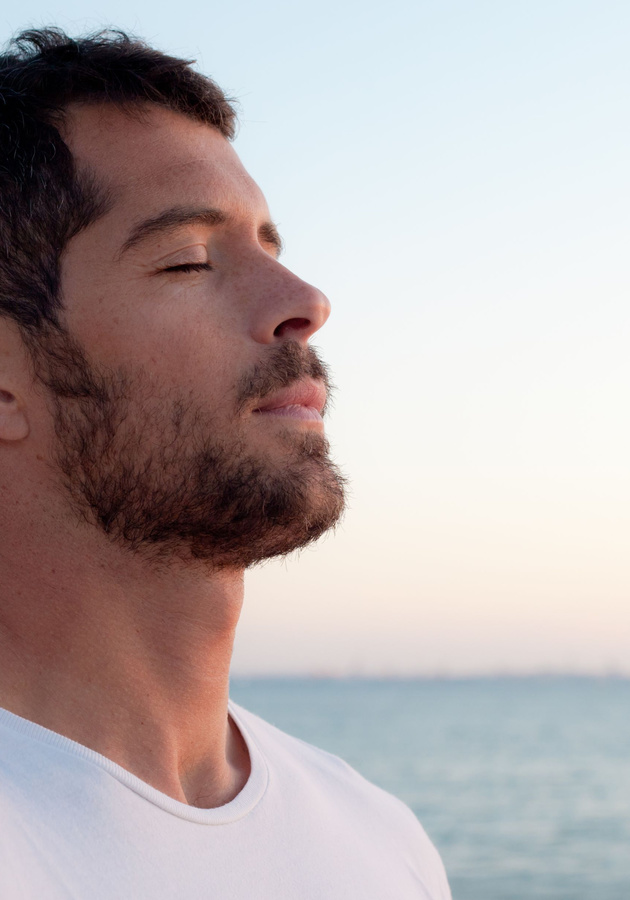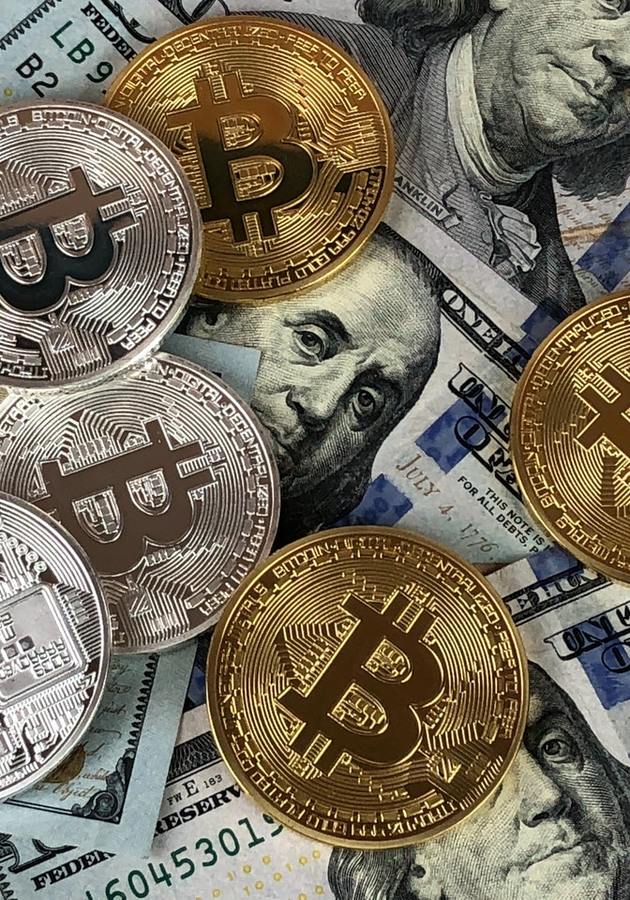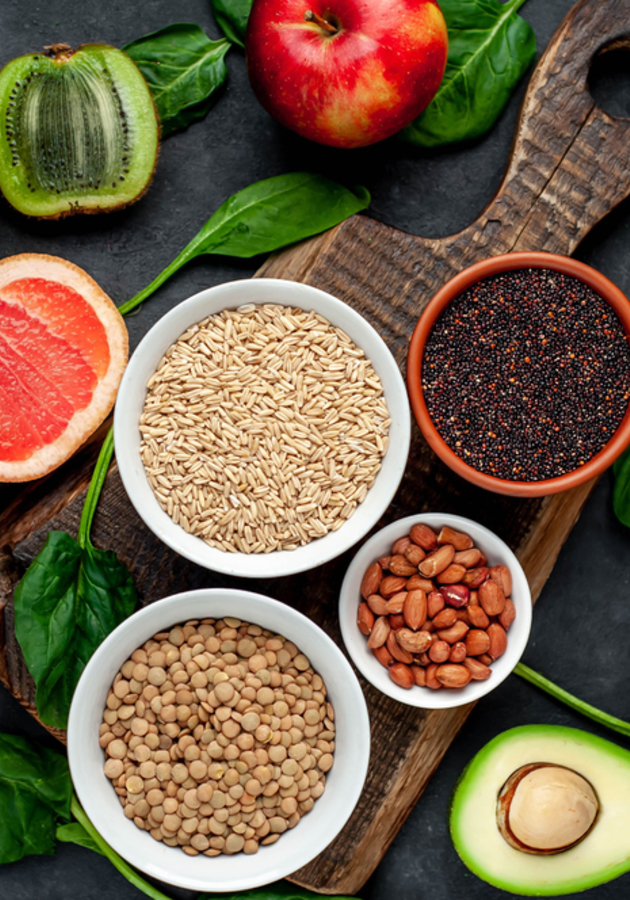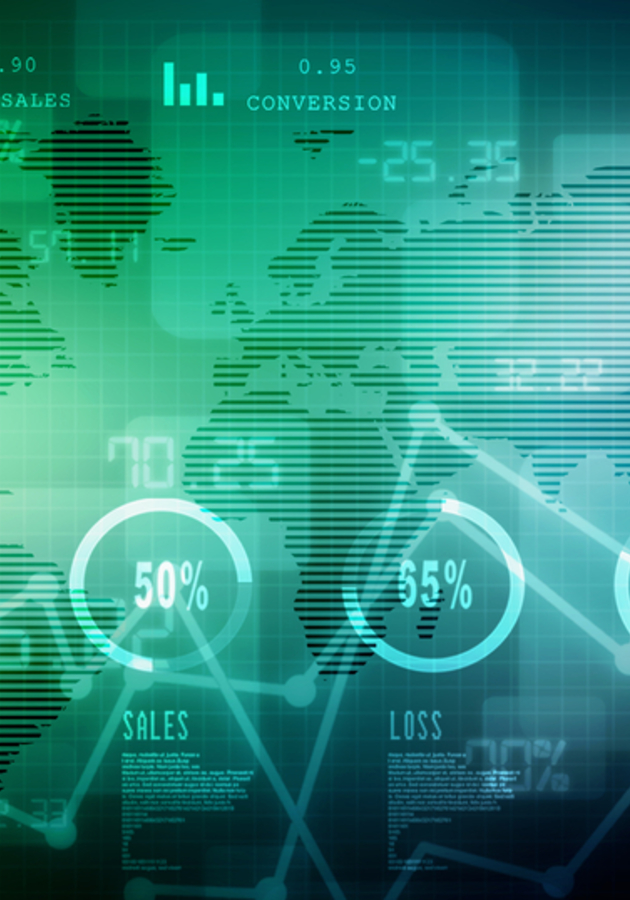Why is it that emotions are so complicated? Moreover, how can it be that they are so often so counterproductive? Put otherwise, why is it that sometimes emotions can be so overwhelming that it becomes almost impossible to control them? Have you ever asked yourself that? Have you ever wondered how do emotions get the best of you? If so, then you’ll like “Master Your Emotions,” a bestselling primer on emotional intelligence and self-control! In the words of its author, French blogger Thibaut Meurisse, “This book is the how-to manual your parents should have given you at birth. It’s the instruction guide you should have received at school.” But, then again, it’s never too late to learn how to prevail over your fears and limitations and become the type of person you really want to be. So, get ready to understand what emotions are and how they impact your life, and prepare to learn how to overcome the most cripplingly negative among them!
Your brain and your happiness
On August 3, 2005, a 28-year-old Korean industrial boiler repairman by the name of Lee Seung Seop died after playing the video game StarCraft for 58 hours straight with very little food or water, and no sleep. The subsequent investigation revealed that the cause of death was heart failure induced by exhaustion and dehydration. Seemingly an exception, Mr. Seop’s death was just an extreme case of the most ignored and rampant disease of our times: dopamine addiction with symptoms of happiness. “Today’s society is selling a version of happiness that can make us unhappy,” writes Meurisse. “We’ve become addicted to dopamine largely because of marketers who have found effective ways to exploit our brains. We receive multiple shots of dopamine throughout the day and we love it. But is it the same thing as happiness?”
Of course not! Even though our bodies and brains aren’t designed to detect it easily, there’s actually a big difference between happiness and pleasure. Given permission to self-stimulate their pleasure centers, people tend to do it an excessive number of times, an average of 40 per minute! Just like Mr. Seop, they seem to prefer such stimulation over food and sleep, even refusing to eat when hungry! Why? Simply put, because our ancestors evolved in an environment wherein pleasure was a scarcity. If it’s likely you might be eaten by a wild animal tomorrow, you don’t pass on the chance of experiencing a little pleasure today, however brief. Fortunately, unlike our ancestors, we’re not facing death every day; unfortunately, our survival mechanism hasn’t changed much.
Our brain’s primary job is not to make us happy, but to ensure our survival. That’s why, as a rule, it gives significantly more weight to negative events than to positive ones. As often as it prefers short-term pleasure over long-term happiness, it prefers to delve on the one rotten tooth over the 31 that work just fine. It makes sense, after all. All it takes is one single moment of distraction for the gazelle to get eaten by a lion. That’s why, it makes more sense to be constantly anxious and watchful of predators than to relax and enjoy your time around. This ancient reflex is what makes us unhappy today. In any case, you can’t be happy while being anxious. To relieve our anxiety, we crave dopamine spurts. And then, we get addicted to them. Searching for happiness, we find misery.
It’s all about the ego
Our brain doesn’t affect our emotions in a direct manner only. In fact, one might even argue that it plays a much more important role in shaping the way we feel by way of proxy, through our ego – the self-identity we’ve constructed for us. But how do we do it? How do we construct our ego? Simply put, by way of giving some kind of meaning to the events that occur to us. In themselves, events have no meaning at all. It is us who give them value through interpretation. We decide what is important to us, and by doing so we make it a part of our identity. Of course, such attachments have consequences. For example, if you identify strongly with your religious beliefs, you may become offended when someone criticizes the Bible, the Qur’an or the Upanishads.
Just think about how strange that is! Even though your ego has no concrete reality of its own, it’s so powerful that it can make you feel actual emotions. This wouldn’t have been a problem if your ego was benevolent and working to your benefit. The problem, however, is that it’s just like your brain – not built for happiness, but for survival. Even worse, your ego is a restless and never-satisfied go-getter. It always wants more – more fame, more recognition, more stuff. In this pursuit for more, the ego tends to confuse existence with possession, practically equating two very dissimilar verbs: “having” and “being.” But, then again, the very existence of your ego depends on you choosing to attach great meaning to some events and experiences. Do the opposite, and your ego will disappear.
And that’s one of the greatest things about being a human: we can pretty much choose the reality we want to live in! Lions and gazelles cannot do that. It’s practically impossible for a lion to become a vegan overnight or for a gazelle to wake up as a vicious predator. That’s because their stories are engraved in their hearts and minds through their all-powerful instincts. Humans, fortunately, can rewrite their stories, just by reinterpreting the events that occur to them in a different way. “Most of your emotions are based on your personal story and the way you perceive the world,” writes Meurisse. “However, as you replace your current story with a more empowering one – while, at the same time, letting go of your excessive attachment to things, people or ideas – you will be able to experience more positive emotions.”
What impacts your emotions
According to Russian-born American psychologist Sonja Lyubomirsky, the bestselling author of “The How of Happiness,” 50% of your happiness is determined by genetics, 40% by internal factors, and only 10% by external factors. So, even though about half of what you feel is related to your biology and the survival mechanisms engraved in your brain, most of the other half is the result of how you interpret thoughts and events. The last 10% belongs to some external things that can also play a role in determining the quality of your emotions and therefore the quality of your life. Here are a few of them:
- Your sleep patterns. Sleep deprivation reduces an individual’s ability to enjoy positive experiences. So, if you want to have control over your emotions, make sure to get high-quality sleep. Avoid using electronic devices after going to bed, as well as drinking too much water during the two hours before. Try to institute an evening ritual, such as going to bed at the same time every night. You can also try listening to soothing music or reading so as to relax more and better.
- Your body. As social psychologist Amy Cuddy says, “Our bodies change our minds, our minds change our behavior, and our behavior changes our outcomes.” In other words, simply by changing your body language and your body posture you can alter the way you feel. So, try to exercise more. “Failing to exercise when you feel bad,” says psychologist Michael Otto, “is like explicitly not taking an aspirin when your head hurts.”
- Your thoughts. Your thoughts create your ego, and your ego creates your reality. That’s why rather than being anxious and thinking about what you don’t want, you should constantly think about what you want out of life. At the end of the day, you become what you think about all day long! There’s a reason why meditation and visualizations have been around for so long – simply put, they work!
- Your words. Just by using some words and phrases such as “could,” try” or “if,” you’re setting yourself up for failure. Use “I will,” “Definitely” and “without any doubt” instead. Also use positive affirmations because it has been shown that they can condition your mind to act in a certain way.
- Your breathing. Most people don’t know how to breathe properly. Eastern sages, on the other hand, have known for centuries that different breathing techniques can induce different emotions. Indeed, studies have shown that whereas slow breathing reduces anxiety, rapid breathing relieves stress. Use the power of the internet to learn how to breathe. As everything else, it’s a skill!
- Music. Music has numerous psychological benefits. Not only can it reduce stress and improve cognitive performance, but it can also help you relax when you’re tired or make you feel better when you’re sad. Moreover, some songs – such as, say, the themes from “Rocky” or “Karate Kid” – are inspiring, and can help you get through an interview or persevere when you’re at the gym. Don’t ever underestimate the power of music. Sometimes, taking control over your emotions starts with hearing the right beat!
How to change your emotions
In order to alter and modify something, you must first understand how it’s made. Unfortunately, even though many people desperately want to change how they feel, only a few realize how emotions are actually formed. To understand that, we must first differentiate between two types of emotions. The first type are externally triggered spontaneous emotions, such as instinctive fear when you see a bear, or the butterflies in your stomach when you see your crash. These are the emotions that keep us alive and going. They are there because of the survival mechanisms inside your brain. You will never have power over them. The opposite is true about the second type of emotions – the ones you create in your mind by identifying with your thoughts. These are the emotions you need to understand better, because, fortunately, they are also the ones you can change.
In essence, their formation can be summed up in a simple formula: interpretation + identification + repetition = strong emotion. Let’s explore each of the three components in depth:
- Interpretation. For any kind of nonspontaneous emotion to arise in you, you must first add your interpretation to a specific event. This interpretation is usually based on your ego, that is to say, your personal story. “Reality in itself can never be upsetting,” says Meurisse. “Your interpretation of reality is what creates suffering in your life.” The flip side is that simply by changing your story, you can change your emotions as well. Just think about it this way: would you feel angry at someone for their political views if you stop thinking about your political beliefs as part of your ego?
- Identification. Unless you give an emotion your attention, it won’t persist. The more attention you give it, the more powerful it becomes. The opposite is also true. In fact, the reason why meditation and mindfulness lead to calm and peace is that they teach people to disengage from their emotions. That is, indeed, the best way to control them. So, the next time you’re sad, just remember that you aren’t really sad, because sadness is temporary, and you will outlast it definitely. Your identity is your only permanent fixture. Your emotions, on the other hand, merely come and go, just like the clouds in the sky. You aren’t a cloud. You are the sun hidden behind them. Or, even better, you are not your clothes: you are the body they cover.
- Repetition. Having the same emotions over and over again can lead to them becoming a part of your character. For example, if you can’t forget what (you believe) your friend did to you, the feelings of resentment will evolve in a long-term grudge and, possibly, bring an end to your friendship. That’s why letting go of your emotions is so liberating – it’s like throwing away a winter coat on a sunny day! To do so, try simply to observe your emotions with detachment, and to label them properly. If you like, you can also use Hale Dwoskin’s Sedona Method. It encompasses the following steps: 1) choose an emotion and give it your complete focus; 2) now, ask yourself whether you’d want to release it, allow it, or welcome it; 3) depending on the answer, ask yourself when should you do it – the only valid answer should be “now;” 4) repeat the process as many times as necessary. As simple as the Sedona technique might sound, it’s very effective. Because it opens the eyes of the mind to the most important truth you’ll ever learn – that you are not your emotions, and that they can be under your control.
Final notes
Not all books need to be revolutionary to be impactful. “Master Your Emotions” is proof of this. Brief and simple, it offers absolutely nothing new or revelatory. But it’s still an informative, stimulating read.
12min tip
Your emotions aren’t objective facts – they are the result of your subjective interpretation of your experiences. Hence, and to quote Meurisse, “Your attitude towards life influences your happiness, not what happens to you.”





























